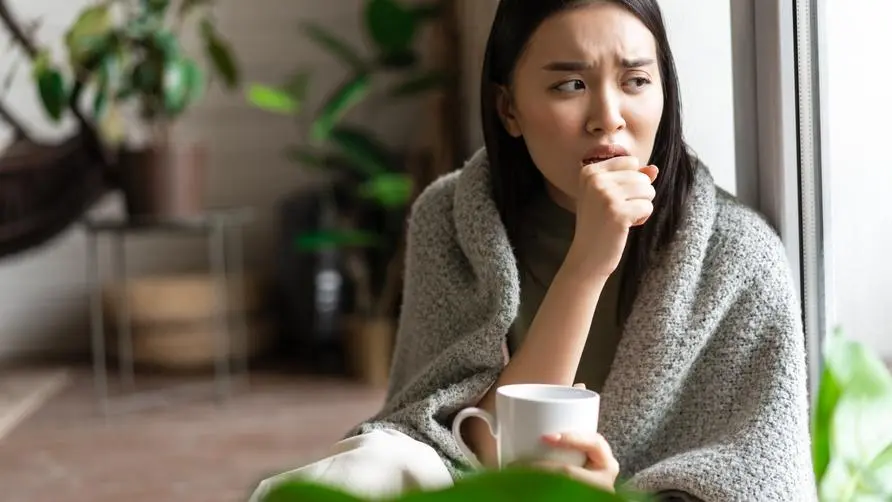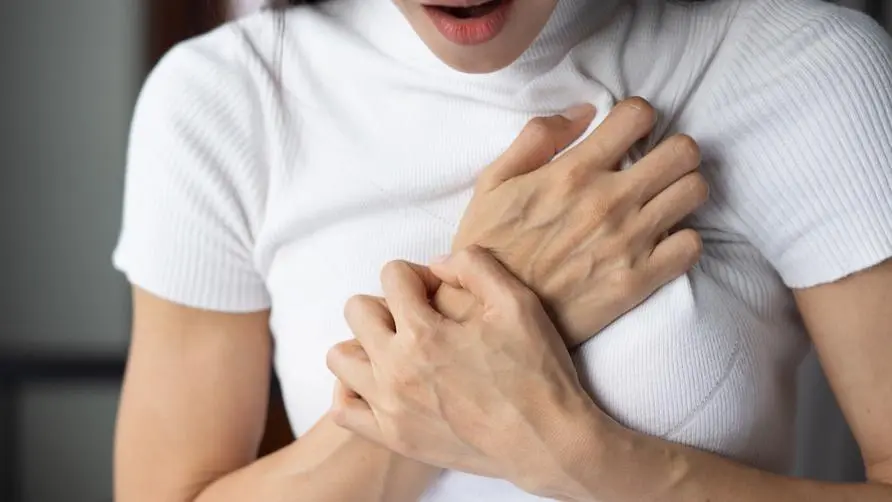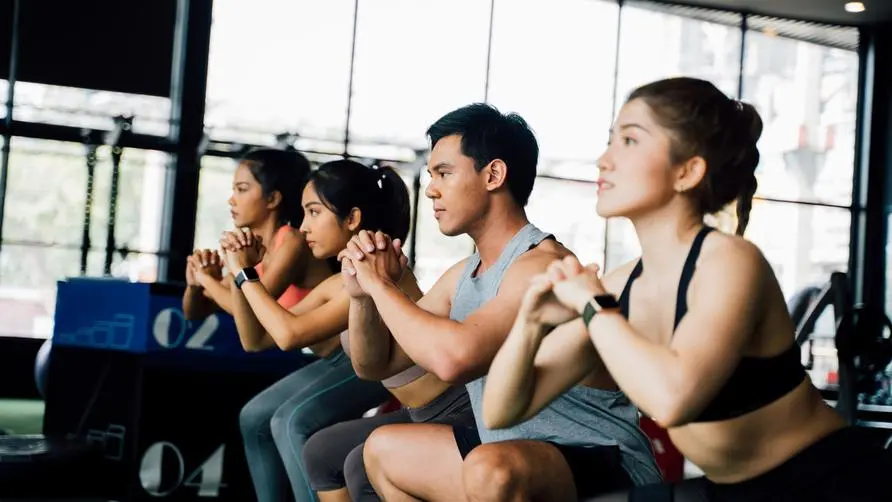Temperatures plummet in the north! If you fail to do "8 things" when you go out, you may beware of stroke and cardiovascular disease outbreaks

The lowest temperature in the north dropped to 13 degrees! “8 things” to do when going out
In recent days, the northeast monsoon has intensified and the temperature in the north has dropped sharply. The lowest temperature on the plains is only 13-14 degrees, causing many people to complain that the temperature drop was “unprepared”. Taiwan Ministry of Health and Welfare, Health Promotion Administration reminds patients with chronic diseases and the elderly that in addition to taking medication regularly, measuring blood pressure regularly, eating a balanced diet and exercising moderately, “keeping warm” is the most basic self-protection behavior. When going out, you should keep in mind the following “8 major things” to avoid the risk of cardiovascular or stroke caused by differences in temperature:
Take measures to keep warm: basic cold protection and safety measures should be taken in bedrooms, bathrooms and living rooms at home; when outdoors or in low-temperature environments, attention should be paid to keeping the head, neck, and extremities warm. You can make good use of scarves, hats, Masks, gloves, socks, non-slip shoes, and multiple layers of warm clothing are easy to put on and take off.
Drink water to warm up when you wake up: Do not move too hastily after getting up; you can add warm water first; increase physical activity slowly in a gentle and gradual manner.
Carry warm clothes with you: Since elders are less responsive to environmental temperature changes, elders over 65 years old should prepare warm clothes next to the bed or in a readily accessible place when going to bed at night, whether they are going to the toilet in the middle of the night or When you get up in the morning, remember to add clothes to keep warm before doing activities. When going out, you can carry a warm jacket with you in case of emergencies.
Avoid overeating and drinking: People should pay attention to diet and emotional control. They can avoid excessive blood viscosity by drinking warm water frequently; consume more high-fiber foods such as fruits and vegetables to prevent constipation. Also avoid sudden exertion, tension, excitement, and sudden intense exercise.
Pay attention when taking a bath: People with a history of cardiovascular disease should not take a bath or bath. If your doctor advises you to be in a high-risk group, you should avoid hiking alone or engaging in sports away from crowds. It is also not advisable to go to the hot spring alone. The temperature of bathing should not exceed 40 degrees, and it is best to wait 2 hours after a meal.
Don’t exercise in the morning: It is best to avoid extreme cold and high-risk periods in the morning and evening when exercising. Avoid going out for exercise early in the cold winter. Do not exercise immediately after dinner. Wait at least 1 hour for food to be digested.
Properly control the condition: regularly measure and record your blood sugar, blood pressure, and blood fat data; follow the doctor’s instructions and take medication on time.
Carry medications with you: Remember to carry the medical record card and emergency medications with you, and note down your usual hospital visits, diagnosis, and drug allergy history. If the doctor has prescribed emergency backup drugs, you should also carry them with you.
Do you still have eyebrows when you go out to exercise in cold weather? How to deal with emergency treatment if hypothermia or frostbite occurs?
In addition to taking the above 8 measures before going out, the Taiwan Health Promotion Administration also reminds sports people that they should also do the following when going out in winter to avoid increasing sports injuries or even causing the risk of hypothermia and chilblains:
Do enough warm-up exercises: Before exercising, you must warm up, at least to the extent that your heartbeat speeds up and you sweat a little. Warm up gradually before engaging in strenuous activities or sports to avoid sports injuries.
Pay attention to weather conditions: Pay attention to weather reports at all times, observe the temperature difference between morning and evening, and avoid outdoor sports in cold weather or rainy days. When a cold front strikes, you can engage in indoor activities instead, or wait until the temperature rises before going out.
Do not drink alcoholic beverages: Do not drink alcoholic beverages during exercise. Alcohol will dilate blood vessels, increase heat dissipation, and easily lead to hypothermia. Alcohol will also weaken judgment and lose the ability to adapt.
Wear reflective clothing: It is dark in winter, so you should wear bright, bright or reflective clothing or equipment when exercising at night. Elderly people should inform others of their exercise routes and try to exercise together. If they engage in outdoor activities alone, they should inform family members or friends of the route they intend to take and bring their mobile phones with them.
Prevent hypothermia: Common signs and symptoms of hypothermia in adults include trembling, coldness, goosebumps, confusion, numbness and uncoordination of limbs, slow movement, difficulty speaking, confusion, depression, and muscle stiffness. , slurred speech, unconsciousness, drowsiness and other conditions. If there are signs of hypothermia, you should go to a dry and warm place and use blankets or additional clothing to warm your body.
Prevent frostbite: If you go to mountainous areas or in severe cold weather, you should also pay attention to preventing frostbite (frostbite) and know how to treat it. Common signs and symptoms include pain, itching, numbness, and stiffness in the injured area, the skin becomes hard and turns white or grayish-yellow, and the skin peels or blisters. When frostbite occurs, move the injured area to a warm, dry place, remove the affected area’s clothing, shoes and socks, and seek medical attention as soon as possible.
Source:
Winter sports and health care, preventive measures are indispensable.
Further reading:





